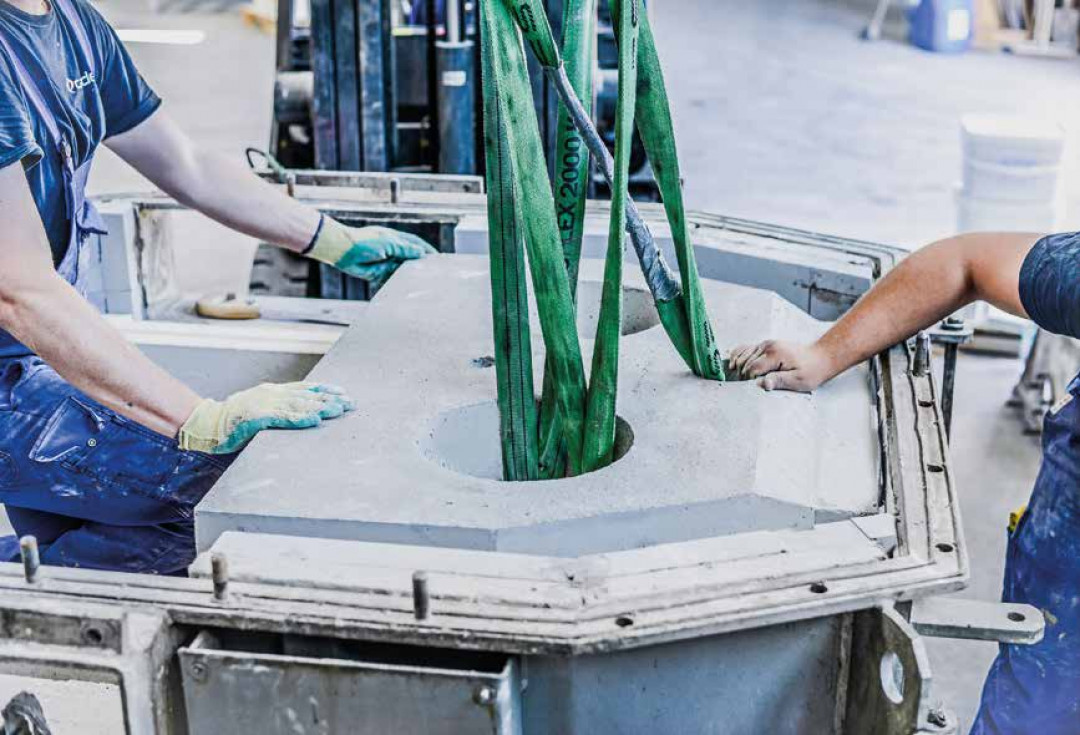
The Hungarian die casting foundry Fémalk was able to reduce energy consumption by 26 % through an OEM relining of its StrikoMelter shaft melting furnace.
Melting up to 4000 tons of aluminum per month to produce parts ranging from engine and gearbox supports, suspension components and electronic covers, to headlight and thermostat housings, Fémalk needs its melting and dosing furnaces to operate with high levels of energy efficiency. Even after years of service.
Fémalk asked StrikoWestofen to start by looking at a 12-year-old Striko-Melter shaft melting furnace in need of relining. It is energy efficient by design, as hot waste gases from the melting process are used to preheat the melting material in the EtaMax shaft prior to the actual melting process. But as with any melting furnace, mechanical and thermal stress caused by temperature deviations, charging materials and dross, make refractory relining an inevitable and necessary process for maximizing furnace lifespan, optimizing melting performance and avoiding damage-related energy loss.
Based on performance tests carried out in partnership with Fémalk prior to relining, StrikoWestofen identified that energy savings of 22 % could be achieved with a full relining of the furnace melting chamber and partly cosmetic repair of the holding chamber. Not enough, further energy saving options had been carried out such as the optimization of the melting process.
The StrikoMelter was removed, relined, re-installed and tested under full operational conditions in less than 4 weeks, with results showing that the energy consumption per ton of molten aluminum had been reduced by 26 %, significantly above the target set.
As part of its energy efficiency review of the equipment, two Westomat dosing furnaces were also refurbished. Relining dosing furnaces with OEM parts rather than third-party alternatives has been proven to reduce energy consumption by up to 50 % – a fact Fémalk sought to capitalize on. StrikoWestofen has developed a dosing furnace relining service which uses high quality pre-casted refractory parts. As well as improving insulation and therefore energy consumption, this approach also means relining can be carried out far quicker. This is due to the pre-casted refractory parts being delivered in a pre-sintered state, therefore speeding up the heating process once work on the furnace is complete.

